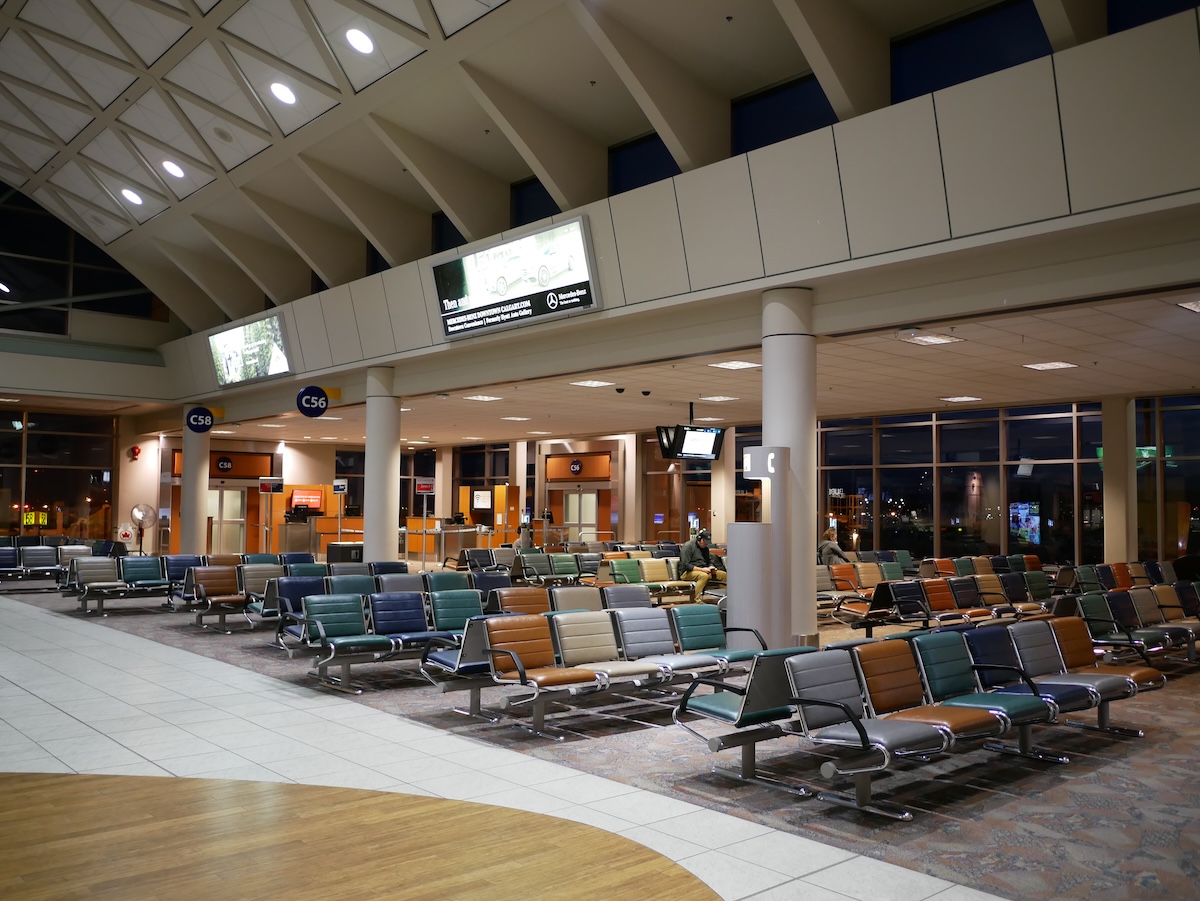Waiting for ideal conditions is just one more excuse
There is a difference between optimizing your environment so you can work better and postponing important work because you’re waiting for the ideal conditions. Sometimes we complicate things by setting such a high bar of requirements that they are almost impossible to meet.
One of the challenges I face every day is finding uninterrupted time for deep work. As much as I agree with Cal Newport’s Deep Work, finding some hours of uninterrupted time can sometimes be a real luxury.
I’ve always admired Cory Doctorow’s productivity as a writer and activist. Take for example this quote from more than 10 years ago:
Forget advice about finding the right atmosphere to coax your muse into the room. Forget candles, music, silence, a good chair, a cigarette, or putting the kids to sleep. It’s nice to have all your physical needs met before you write, but if you convince yourself that you can only write in a perfect world, you compound the problem of finding 20 free minutes with the problem of finding the right environment at the same time. When the time is available, just put fingers to keyboard and write. You can put up with noise/silence/kids/discomfort/hunger for 20 minutes.
Also from Cory Doctorow:
I became a professional writer at the same time as I was co-founding a dotcom startup, and I learned to write crammed into coach seats with my laptop keyboard practically vertical, my wrists bent back at an agonizing angle. Between flights, I’d write crouched on the floor under the water fountain between the toilets in the departure lounge, nailing the only outlet and plugging in my travel power strip to share with others. (Always. Be. Charging.)
(…)
My writing epiphany—which arrived decades into my writing career—was that even though there were days when the writing felt unbearably awful, and some when it felt like I was mainlining some kind of powdered genius and sweating it out through my fingertips, there was no relation between the way I felt about the words I was writing and their objective quality, assessed in the cold light of day at a safe distance from the day I wrote them. The biggest predictor of how I felt about my writing was how I felt about me. If I was stressed, underslept, insecure, sad, hungry or hungover, my writing felt terrible. If I was brimming over with joy, the writing felt brilliant.
(…)
This was the insight that let me write the way I did (and do): it doesn’t matter if the words feel right — just write ‘em. You will know if they’re any good later.
(…)
On days when I’m home, I still write in this glorious higgledy-piggledy I’ve constructed to nest in. But that ability to write far from comfort and in the midst of chaos still serves me, and I have written so much in so many places that the desk and the comfy chair and the big monitor are largely aspirational for me—the kind of place I’d like to be writing in, but rarely the place where I end up writing.
Waiting for the ideal conditions is most of the time an excuse for not doing the work.
